‘Base editors’ fix specific sites in the genome without cutting the DNA double helix, according to team.



Don’t try finding Zuzalu on a map; it doesn’t exist anymore. It was a “pop-up city” conceived by the tech entrepreneur Vitalik Buterin, creator of Ethereum, and a group of like-minded people to facilitate co-living and collaboration in fields like crypto, network states, AI, and longevity. It was also, in substantial part, funded by Vitalik.
Zuzalu, located on the Adriatic coast of Montenegro, began its short history on March 25 and wound down on May 25. It was a complex and memorable phenomenon, and I’m wrapping my mind around a larger article in the works.
Usually, I don’t eat breakfast due to my intermittent fasting regimen, but in Zuzalu, breakfast, served at a particular local restaurant, was the healthiest meal of the day. Also, it was free (kudos to Vitalik, and more on that later). Most importantly, it was the place to meet new people.
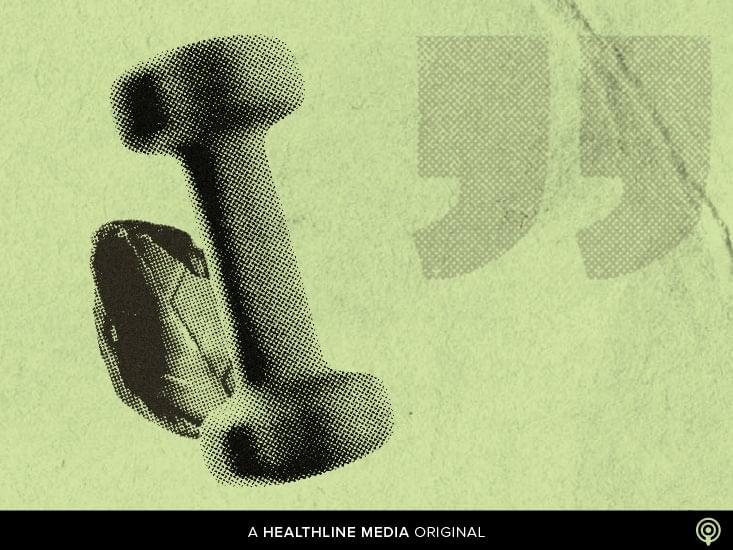

A groundbreaking manifesto on living better and longer that challenges the conventional medical thinking on aging and reveals a new approach to preventing chronic disease and extending long-term health, from a visionary physician and leading longevity expert.
“One of the most important books you’ll ever read.”—Steven D. Levitt, New York Times bestselling author of Freakonomics
Wouldn’t you like to live longer? And better? In this operating manual for longevity, Dr. Peter Attia draws on the latest science to deliver innovative nutritional interventions, techniques for optimizing exercise and sleep, and tools for addressing emotional and mental health.

😗😁
In the pursuit of extending healthy human lifespans, scientists have achieved a remarkable breakthrough that marks a significant milestone in the field. Researchers from Taipei Medical University in Taiwan have uncovered a genetic modification in mice that can empower cancer-killing cells, increasing their effectiveness by two to seven times while extending their lifespan by up to 20 percent.
Building upon last year’s groundbreaking study, the scientists have now successfully replicated these extraordinary outcomes in ordinary mice through a single transplant of blood stem cells. The findings, published in the scientific journal Cold Spring Harbor Protocols, hold immense importance, according to Che-Kun James Shen, the lead researcher of the study. He believes that these findings could have profound implications for human health and anticipates that clinical trials could commence as early as the end of this year or next year.
The initial discovery involved identifying an amino acid, known as KLF1, that, when altered, preserves the youthful characteristics of the mice. This includes improved motor function, enhanced learning and memory, as well as more effective anti-cancer cells. Additionally, the mice exhibited darker and shinier hair, and a significant reduction in fibrosis—a process associated with impaired organ functioning that occurs during aging.
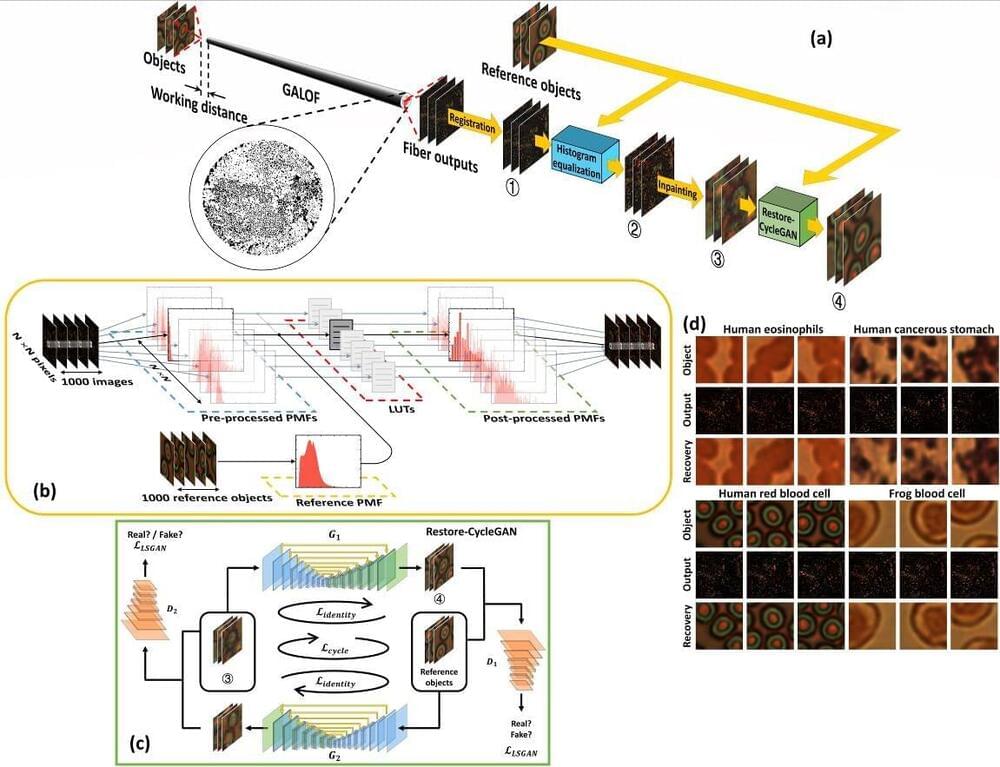
Fiber-optic imaging methods enable in vivo imaging deep inside hollow organs or tissues that are otherwise inaccessible to free-space optical techniques, playing a vital role in clinical practice and fundamental research, such as endoscopic diagnosis and deep-brain imaging.
Recently, supervised learning-based fiber-optic imaging methods have gained popularity due to their superior performance in recovering high-fidelity images from fiber-delivered degraded images or even scrambled speckle patterns. Despite their success, these methods are fundamentally limited by their requirements for strictly-paired labeling and large training datasets.
The demanding training data requirements result in time-consuming data acquisition, complicated experimental design, and tedious system calibration processes, making it challenging to satisfy practical application needs.
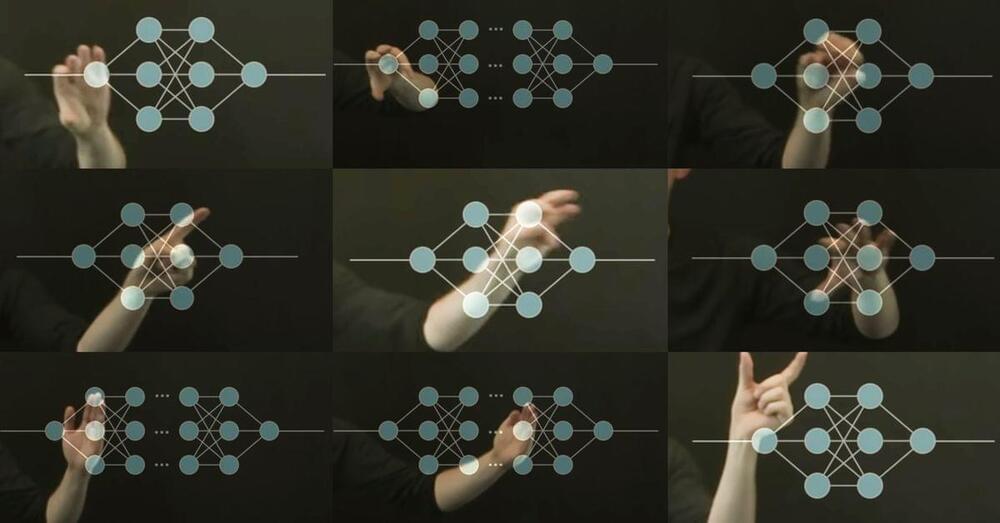
It’s another high-profile warning about AI risk that will divide experts. Signatories include Google DeepMind CEO Demis Hassabis and OpenAI CEO Sam Altman.
A group of top AI researchers, engineers, and CEOs have issued a new warning about the existential threat they believe that AI poses to humanity.
The 22-word statement, trimmed short to make it as broadly acceptable as possible, reads as follows: “Mitigating the risk of extinction from AI should be a global priority alongside other societal-scale risks such as pandemics and nuclear war.”
Another warning from AI’s top table.
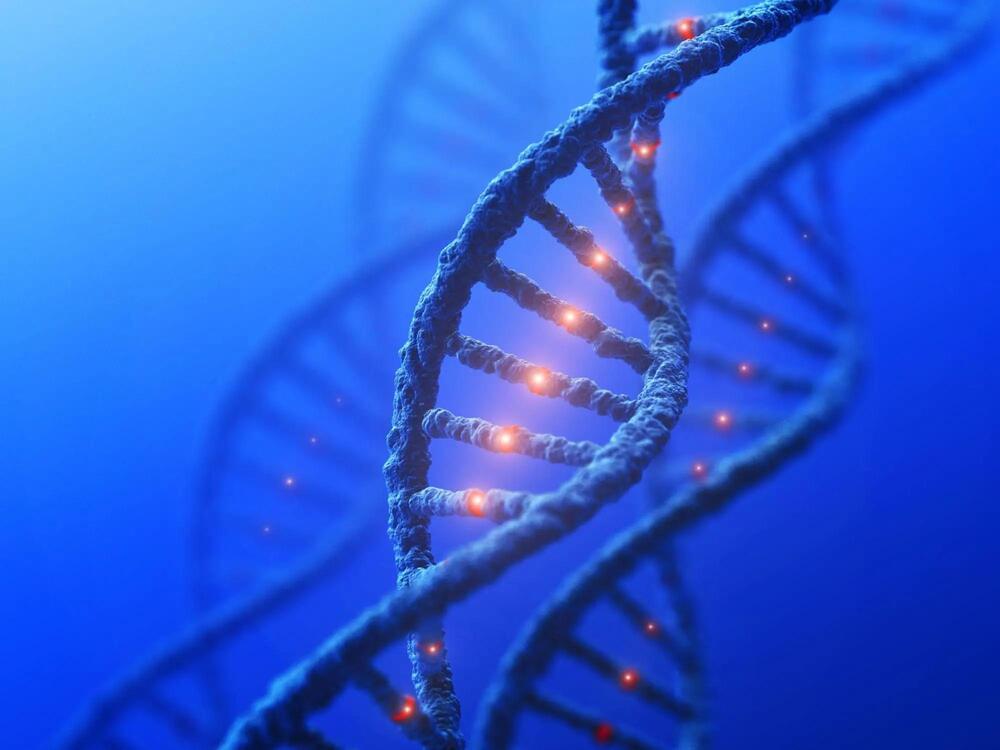
New research from UCL, investigating the biology of a rare genetic mutation that enables carrier Jo Cameron to live virtually without pain and fear while also healing quickly, discovered that the mutation in FAAH-OUT gene ‘turns down’ FAAH gene expression, affecting molecular pathways related to wound healing and mood, thereby offering potential new targets for drug discovery.
New research from University College London (UCL) has unraveled the biology behind a unique genetic mutation that results in its carrier experiencing minimal pain, enhanced healing, and lower levels of anxiety and fear.
Published in the journal Brain, the research is a follow-up to the team’s 2019 discovery of the FAAH-OUT gene and its rare mutations, which make Jo Cameron almost immune to pain, and devoid of fear and anxiety. The latest study elucidates how this mutation reduces the expression of the FAAH gene and impacts other molecular pathways associated with mood and wound healing. The insights garnered from these findings could potentially pave the way for novel drug targets and foster further research in these domains.
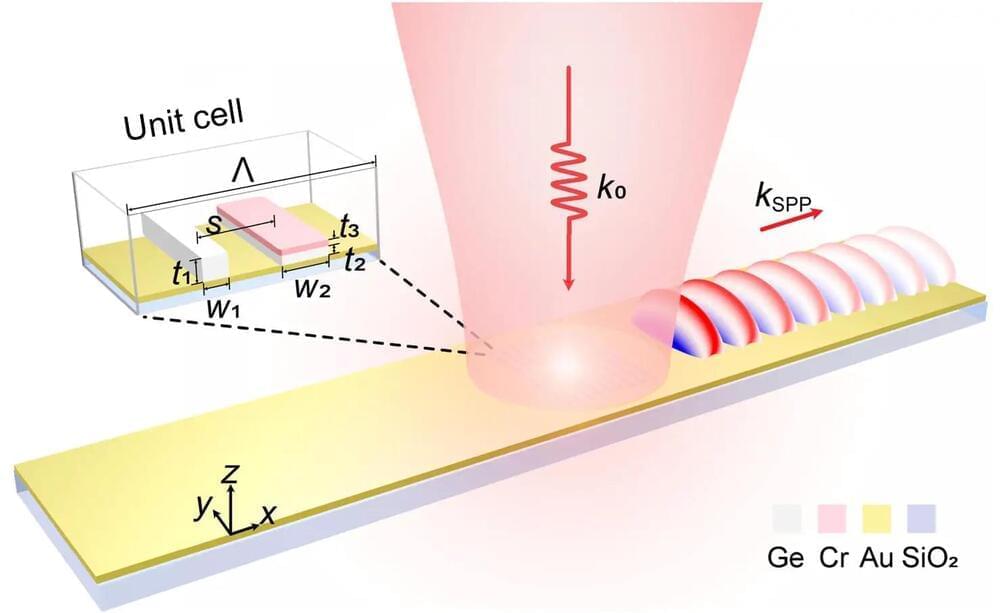
Scientists from Korea’s POSTECH and the US’ Northeastern University have successfully manipulated light using non-Hermitian meta-gratings, turning optical loss into a beneficial tool. They’ve developed a new method for controlling light direction using specially designed meta-grating couplers. This breakthrough could advance quantum sensor research and lead to a range of new applications, such as disease diagnosis and pollution detection.
Light is a very delicate and vulnerable physical phenomenon. Light can be absorbed or reflected at the surface of a material depending on the matter’s properties or change its form and be converted into thermal energy. Upon reaching a metallic material’s surface, light also tends to lose energy to the electrons inside the metal, a broad range of phenomena we call “optical loss.”
Production of ultra-small optical elements that utilize light in various ways is very difficult since the smaller the size of an optical component results in a greater optical loss. However, in recent years, the non-Hermitian theory, which uses optical loss in an entirely different way, has been applied to optics research. New findings in physics are being made adopting non-Hermitian theory that embraces optical loss, exploring ways to make use of the phenomenon, unlike general physics where optical loss is perceived as an imperfect component of an optical system. A ‘blessing in disguise’ is that which initially seems to be a disaster but which ultimately results in good luck. This research story is a blessing in disguise in physics.
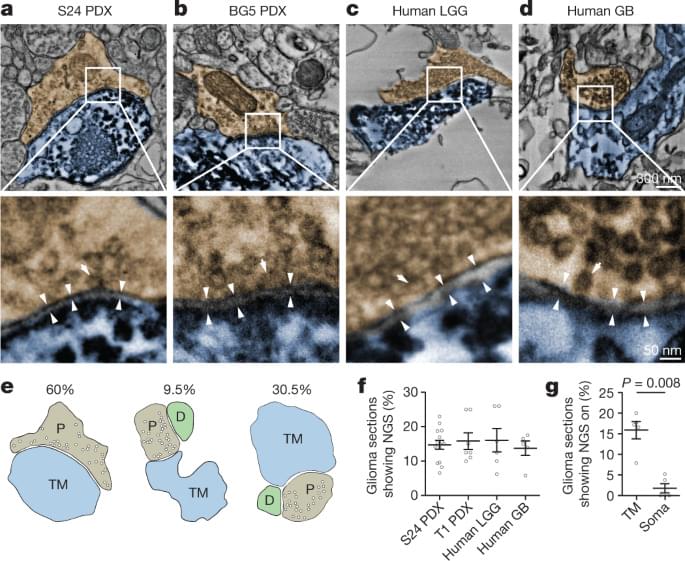
Deeply fascinating paper wherein Venkataramani et al. describe how synaptic inputs from neurons onto glioma tumor cells induce electrical activity in the tumors and stimulate their growth and invasiveness. This knowledge could lead to new treatments involving inhibition of the synapses onto gliomas which might provide hope for fighting an otherwise largely incurable form of cancer. #neurobiology #oncology #cancer #medicine
Neurons form glutamatergic synapses with glioma cells in mice and humans, and inhibition of AMPA receptors reduces glioma cell invasion and growth.